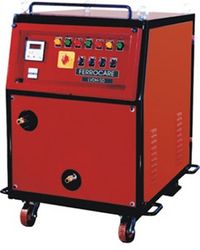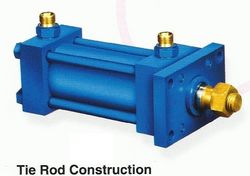
SPECTRUM HYDRAULICS TRADING FZC - | E-Showroom

SPECTRUM HYDRAULICS TRADING FZC - | E-Showroom
SPECTRUM HYDRAULICS TRADING FZC
P O Box 14651, AJMAN FREE ZONE, Ajman
United Arab Emirates

Bahrain Yellow Pages Online is a Local Business to Business Directory in Bahrain offering business list of more than 250,000 companies. You can find Hotels in Bahrain , Companies in Bahrain , Properties in Bahrain , Travel info in Bahrain through this Site. Yellow Pages Bahrain Updated in 2026 Get Maximum Benefit for your Business Visit YP MarketPlaces
| About Us Careers Company Information User Guide About Us |
Buying Options Post Buying Leads Browse Categories Companies in Bahrain How to Buy |
Selling Options Post Selling Leads Browse Categories How to Sell |
Safety & Support Help Safety & Security Copyright Infringment |
Advertising How to Advertise? Host Website with us Elite Membership |
Method Of Payment Privacy Policy Refund Policy Dispute & Resolution Policy Terms |
| Thanks for Posting your Requirement
with
Bahrain Yellow Pages Online
If you are not Verified Buyer then Please Verify Your Email to get Quotes from Verified Suppliers. |








|
Thanks for Reporting Error in Listing of on Bahrain Yellow Pages Online
Our Technical Team will review the Information and will Rectify the Error as Soon as Possible. |
| Thanks for Reply.
Bahrain Yellow Pages Online
Your Reply is Sent to the Buyer. |
| Thanks for Reply.
Your Reply is Sent to the Seller. |
| Ok Close |




